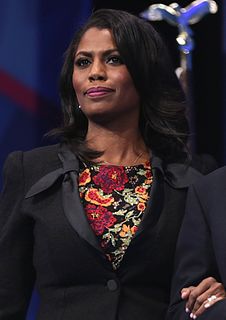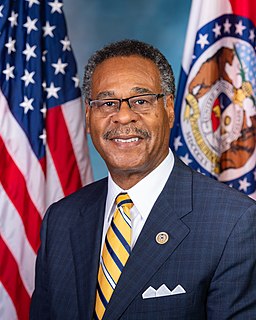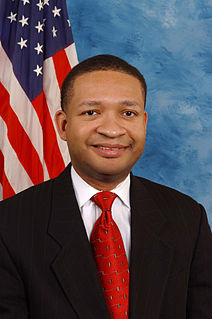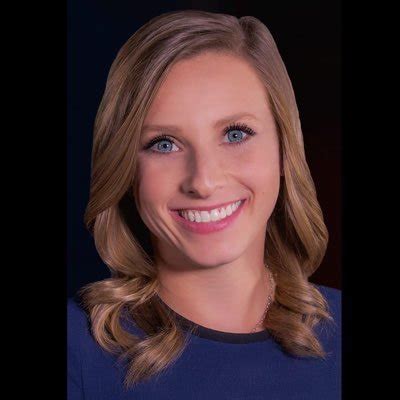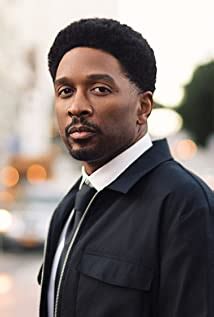A Quote by Cheo Hodari Coker
To me, Harlem is one of the most important places on the earth, particularly when it comes to talking about African Americans.
Related Quotes
When I was 17, I worked in a mentoring program in Harlem designed to improve the community. That's when I first gained an appreciation of the Harlem Renaissance, a time when African-Americans rose to prominence in American culture. For the first time, they were taken seriously as artists, musicians, writers, athletes, and as political thinkers.
Sure, there's a chunk of African-Americans out there who associate the Republican Party with racism, frankly particularly in the Deep South. It's an unfair perception, but it exists. Over a period time, that perception will die away if Republicans are focusing on issues that happen to impact African-Americans.
Until African-Americans and Hispanics can get serious, not just about area studies, which are important, but also about science and technology, they're not going to generate that wealth and that job within those communities. And that has absolutely devastating consequences for the places where people live, for the jobs and for the wealth.
Within the model minority rhetoric, Asian Americans are represented as “good” minorities and African Americans are represented as “bad” minorities. Here, the achievements of Asian Americans are used to discipline African Americans. As model minorities, Asian Americans achieved the status of “honorary Whites”. Again it is important to point out that the honorary whiteness of Asian Americans was granted at the expense of Blacks. It is also significant that as “honorary Whites,” Asian Americans do not have the actual privileges associated with “real” whiteness.
Sara Blair's Harlem Crossroads is an important addition to the body of literature that currently exists about Harlem. It brilliantly illuminates the complex relationship between photographic representation and race, and adds new insight into the ways in which this one black community has figured in both the critical and public imaginations. Harlem Crossroads is a tour de force.
I don't regret the fervor, because I do believe, in the African American community but also for other communities, and I know from talking to people, for communities around the world, the election of an African American to the most powerful office on Earth meant things had changed, and not just in superficial ways. That in some irreversible way the world was different.

